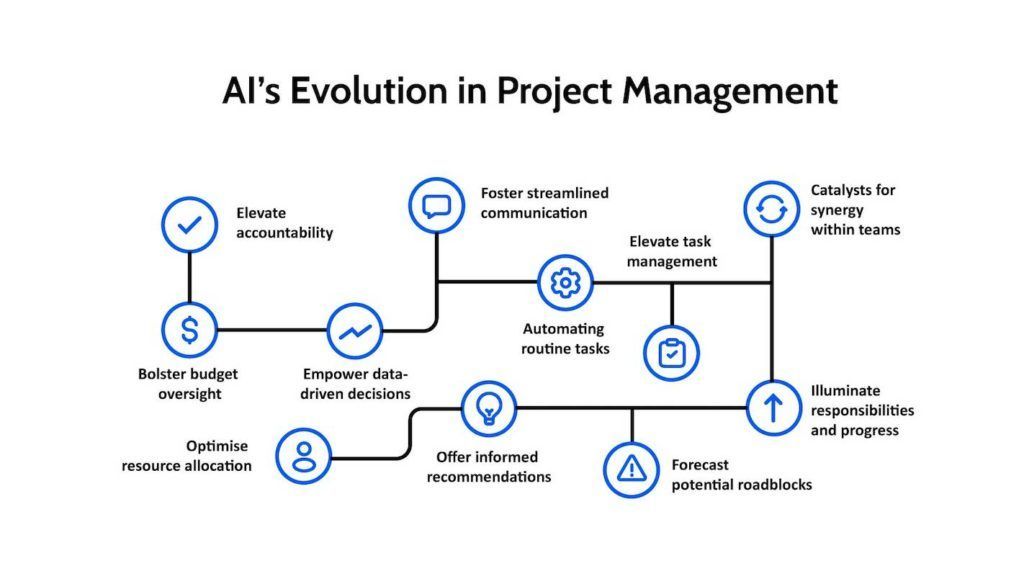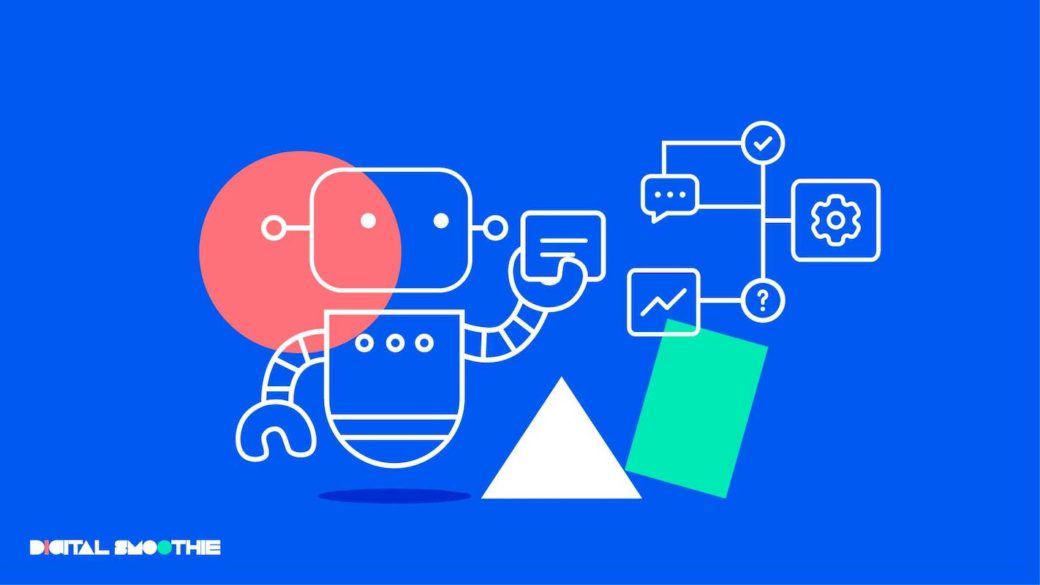In the ever-evolving realm of project management, the infusion of Artificial Intelligence (AI) heralds a transformative journey brimming with both promise and challenges. AI might be able to pass every exam – but it’s going to be a bumpy road for those holding on to its coattails.
Take the high-profile lawyer who used AI to research his court presentation, citing a long list of cases of precedent that aided and abetted his arguments, only to be humiliated later when the judge informed him that no such cases existed. (Forbes 08/02/23)
Project Management Tools & The Promise of AI
Over the past decade, the proliferation of project management software such as Asana, Wrike, and Basecamp has reshaped workflows, elevated accountability, bolstered budget oversight, and empowered data-driven decision-making within management roles. Initially favoured by tech-centric entities crafting apps and scaling digital platforms, these tools have now become ubiquitous across nearly every industry.
In my experience navigating this landscape, I’ve witnessed firsthand the substantial benefits these tools offer. They are like engines propelling projects forward, fostering streamlined communication, task management, and resource allocation. Yet, their true effectiveness hinges not solely on their capabilities but profoundly on the input and engagement of the users.
I have vivid memories of diving into Trello back in 2012, working alongside a small yet agile team spanning four continents. Our scope was all-encompassing, from technical build to marketing launch. I gleaned invaluable insights into the power of collaboration across borders and disciplines. Managing a project of such scale taught me the significance of clear communication, the art of seamless coordination across time zones, and the immense potential unlocked by a cohesive team with diverse perspectives.
At their core, these project management tools serve as catalysts for synergy within teams. They illuminate responsibilities, dependencies, and progress, fostering a cohesive environment where everyone is on the same page. However, AI-driven features have now taken the reins, augmenting these platforms with predictive analytics, intelligent automation, and actionable insights.
The promise of AI in project management is immense. It’s not merely about automating routine tasks or generating reports; it’s about leveraging AI’s capabilities to forecast potential roadblocks, optimise resource allocation, and offer informed recommendations.
Picture an AI assistant analysing project data, identifying patterns, and providing proactive suggestions to enhance efficiency and mitigate risks. This shift from reactive to proactive management is a game-changer. In my own experience having to quickly consume and understand large pools of data and information from diverse company stakeholders, AI is an essential aid in highlighting what is mission critical input.

AI Challenges in Project Management
However, amidst this wave of promise, challenges loom on the horizon. The foremost challenge is the dependence on the quality of input. These tools, powered by AI, thrive on data accuracy, relevance, and completeness. Garbage in, garbage out. The effectiveness of AI-driven insights is directly proportional to the quality of the data input and the user engagement. While AI augments decision-making, it shouldn’t override the human expertise and intuition that comes from years of experience. AI does not recognise a speech delivered with an arched eyebrow, or a presentation that deftly skirts a large lie of omission.
Undoubtedly, the essence of project success lies in managing people effectively. AI, for all its prowess, can’t replace the irreplaceable human connection and trust. I’ve witnessed firsthand the intricate dance of managing stakeholders, offering them tailored glimpses into the larger project landscape. AI can sequence our activities more efficiently, but it can’t deliver a well-timed joke to break the tension of a late-night deadline.
The Delicate Dance between Human & AI
In my journey spearheading a digital transformation initiative within higher education, I found myself navigating a diverse spectrum of contributors—from esteemed professors to skilled coders—all working towards a common goal. The challenge lay not just in implementing technical changes but in the art of communication. It was bridging the gap between academia and technology, and fostering an environment of understanding, collaboration, and shared purpose. The complexity of merging these distinct worlds highlighted the significance of human interaction in navigating and aligning diverse perspectives, something AI has yet to achieve.
The true power to be taken is in the synergy between AI capabilities and human expertise. These tools are enablers, augmenting our abilities, streamlining processes, and offering invaluable insights. But they’re only as effective as the hands that wield them.
Striking the perfect harmony between AI’s prowess and human ingenuity is where the true magic of effective project management unfolds.
Enjoy reading about AI, Digital Transformation and Technology?
Here are some articles from our “How has AI changed the way you work series” that you might enjoy:
GenAI adventures – A year in review By Rania Awad
ChatGPT Vs Human – Who wrote it best? By Kerstin Norburn
From SciFi to Daily assistance- Applying AI in the Workplace By David Williams
AI: Survival Of The Fittest – By Megan Champion
Navigating the AI Wave: Transforming the Role of E-commerce Professionals By Micheline Chami









Leave a Reply